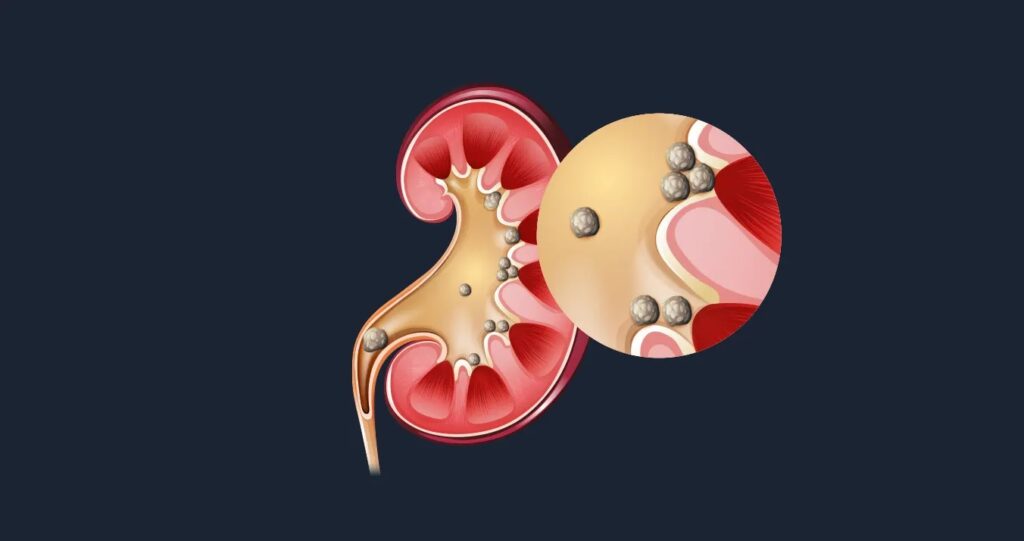How to Treat Kidney Stones with Azo Tablets

Kidney stones are small, hard deposits of minerals and acid salts that form on the inner surfaces of your kidneys. The stones are made when your urine contains more crystal-forming substances than the fluid can dilute. As the stones grow larger, they can cause severe pain in your abdomen, groin, or back. If the stone moves down your urinary tract and gets stuck, it can block the flow of urine and cause even more pain.
Azo for kidney stones is a medication that’s used to treat kidney stones. Azos helps to break up kidney stones and make them smaller so that they can pass through your urinary tract. Azos is available as a generic drug and as the brand-name drugs Urocit-K and Cystex. Generic drugs usually cost less than brand-name versions. In some cases, they may not be available in every strength or form as brand-name drugs.
How Azos Tablets Work
- Azos works by promoting increased urination. increased urination helps to break up kidney stones and flush them out of your system. Azos also helps to reduce the amount of calcium in your urine. Calcium is one of the main substances that kidney stones are made of. By reducing the amount of calcium in your urine, you’re less likely to form new kidney stones.
- Azos is a prescription medication. It comes as an oral tablet, an extended-release (long-acting) oral tablet, and an oral liquid suspension. The tablets and suspension are taken by mouth three times daily with or without food. The extended-release tablet is taken once daily with or without food at about the same time each day.
- Follow the directions on your prescription label carefully when taking this medicine. Don’t take more or less of it or take it more often than directed by your doctor. If you take too much Azos, you may have increased urination, diarrhea, nausea, vomiting, or stomach pain. These effects are more likely in children and young adults who take too much Azos.
If you think you’ve taken too much of this drug, call your doctor right away or visit an emergency room or poison control center near you immediately.
Conclusion:
Azos tablets can be a helpful way to treat kidney stones by breaking them up and making them smaller so they can pass through your urinary tract easily. However, it’s important to follow directions when taking this medication and not take too much, as doing so can cause certain side effects like increased urination, diarrhea, nausea, vomiting, or stomach pain. If you think you’ve taken too much Azos, contact your doctor right away.

 Top 5 Benefits of Specialized Healthcare for Veterans
Top 5 Benefits of Specialized Healthcare for Veterans  Which delta 9 gummies are known for their potency?
Which delta 9 gummies are known for their potency?  Ways to Relieve Back Pain Naturally
Ways to Relieve Back Pain Naturally  The Life-Saving Benefits of Mohs Surgery for Skin Cancer
The Life-Saving Benefits of Mohs Surgery for Skin Cancer  Finding the Right Florida Pain Management Center
Finding the Right Florida Pain Management Center  A Lifetime of Brain Health: Tips for Every Decade
A Lifetime of Brain Health: Tips for Every Decade  From Breath to Flow: Understanding the Role of Pranayama in Vinyasa Yoga
From Breath to Flow: Understanding the Role of Pranayama in Vinyasa Yoga  The Role of Supplements in Modern Health: A Balanced Perspective
The Role of Supplements in Modern Health: A Balanced Perspective